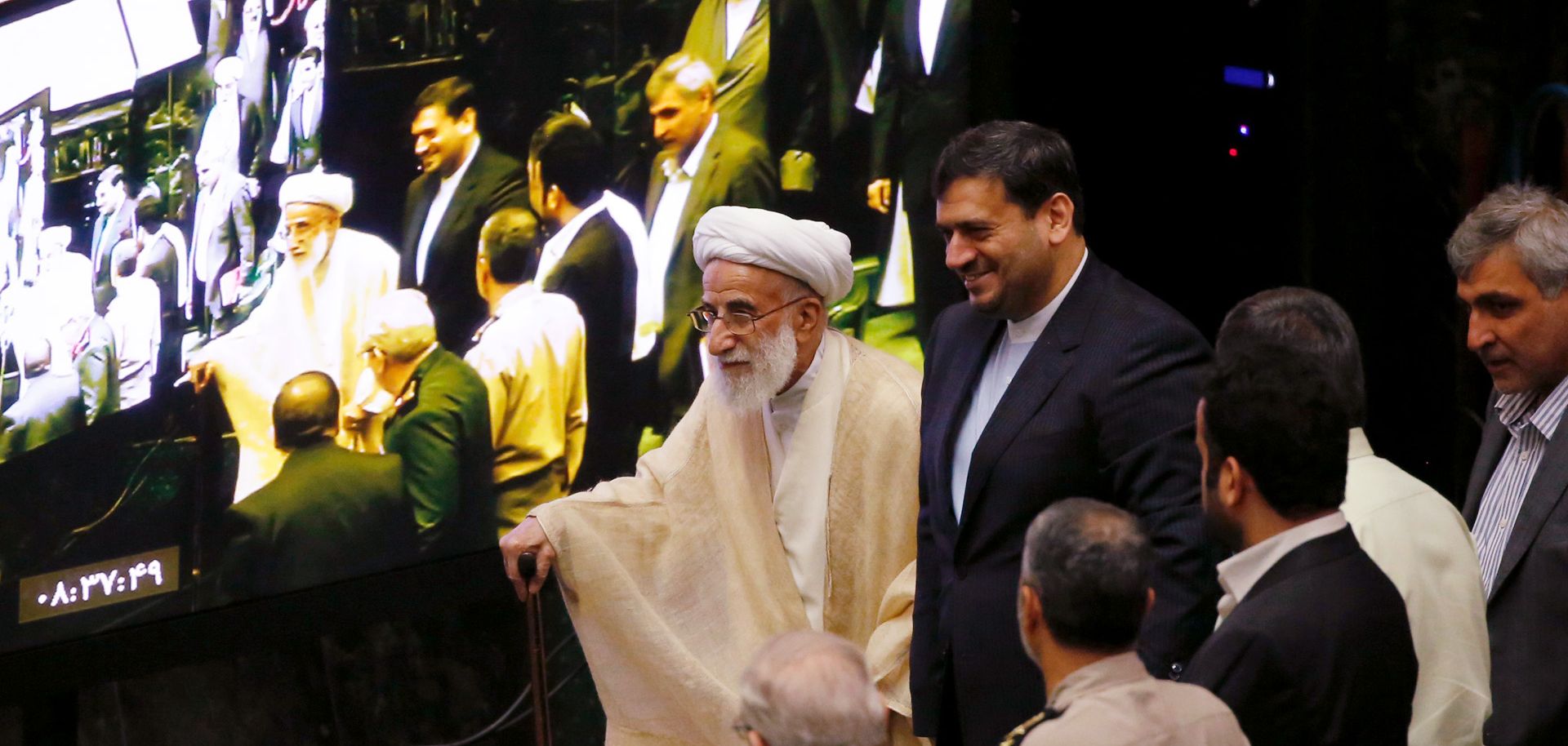With a presidential race only two months away, Iran's Assembly of Experts is getting ready to weigh in on which candidates should compete for the country's highest elected office. Many of Iran's most powerful political figures are attending the organization's biannual conference on March 7-9, where the assembly -- primarily tasked with selecting the successor of aging Supreme Leader Ayatollah Ali Khamenei -- will doubtless discuss the approaching election as well.
Though Iranian politics can be somewhat unpredictable, the May 19 election probably won't be. There are many economic, political and social forces keeping the country on its current course of modernizing its economy and re-engaging with the international community. And though President Hassan Rouhani, the man who set Iran down this path, has not publicly announced his intention to seek another term, he is likely still the favorite for the job. Even so, that will not deter his more conservative...

